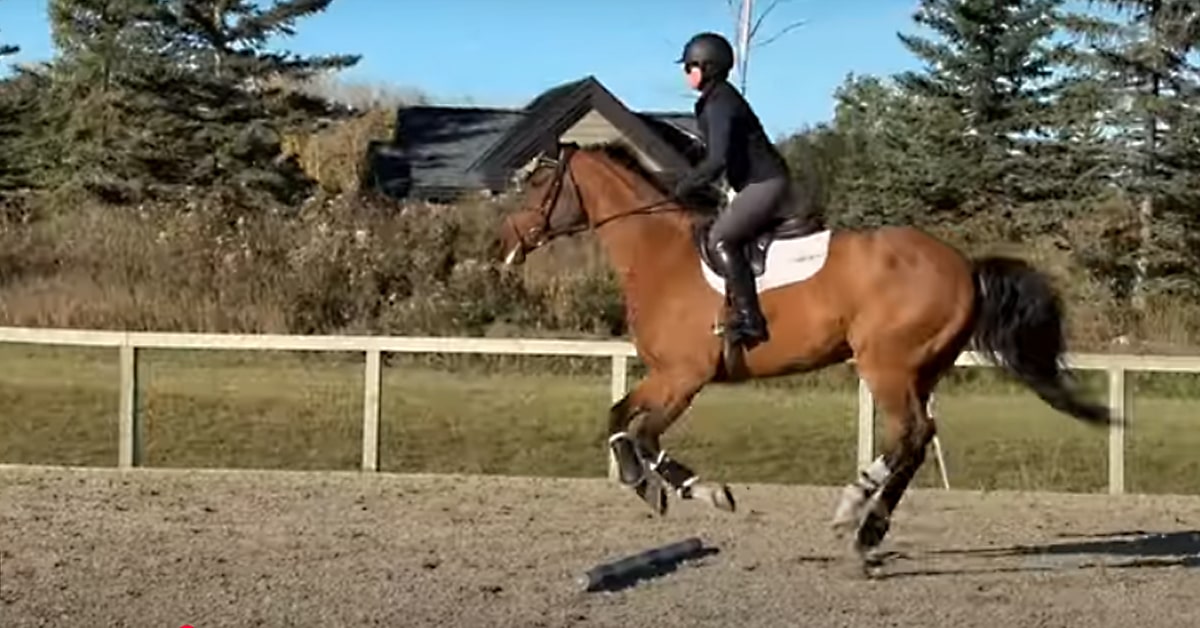If you’re like me, the barn is your “happy place” – the place you go to bond with your horse and recharge your emotional batteries after a hard day. But sometimes, whether you intend to or not, you end up becoming involved in barn politics.
Unfortunately, whenever you get groups of people together in one spot you run the risk of drama. Nasty gossip, criticism, rumours, and back-stabbing come in all shapes and sizes: the emotional teen Mean Girl; the adult boarder who feels entitled to everyone’s belongings; the bully; the blabber mouth; and other types of people who spread misinformation or are just difficult to get along with. Barn drama can ruin an otherwise friendly atmosphere and enjoyable equine experience.
Drama, no matter what form it takes or who is involved, is about spreading chaos and confusion, not problem-solving. Often the person creating the most drama in the barn wants it this way. If the actual problem were to be addressed and solved, the drama would stop and then he/she would likely lose all the attention they are receiving from creating the drama in the first place. That sense of power is the emotional payoff for them.
The best way to manage barn drama is to address the problematic behaviour immediately. The key is to focus on the unacceptable behaviour and not make it about the person. For example: if you have a barn Mean Girl, you need to address the meanness by saying something like, “When you say X about Sally, that is a nasty comment. We don’t talk about our barnmates like that in this barn. Please stop.” Don’t say, “You’re mean,” as this is a judgement about the person which makes it a more personal criticism that will likely anger the individual (and hence create more histrionics!).
If you don’t want your barn to be like an episode of Survivor or Big Brother, address bad behaviour by following the
Four Fs:
Be Fair – be fair to yourself and to the other person. Don’t address barn drama when you are tired, emotionally drained, or already upset, because you will probably make it worse. Drama people feed off intense emotions, so stay calm and deal with the problem only when you can behave in a calm and clear manner, and be emotionally prepared to deal with it effectively.
Be Firm – know what you want to achieve before you have the conversation and don’t get sidetracked. Stick to your request to have the bad behaviour stop. Hold firm in this no matter what chaos the other person tries to create. You need to stay strong and committed to your goal.
Be Friendly – Ask for change in a friendly tone. It’s possible to say you don’t like the behaviour while still being courteous and civil. If you let your anger show, you are feeding into the drama yourself, so keep it neutral and calm.
Be Factual – always stick to the facts that you know. Don’t use hearsay or rumours as examples of someone’s poor conduct, only actual behaviors that you have personally witnessed. Remember that facts are not opinions or judgements; facts are undisputable.
You can have a peaceful barn if you are willing to stick to the Four Fs and address drama directly. Being this direct might feel intimidating and unnatural at first, but with practice it will get easier.
The Latest









